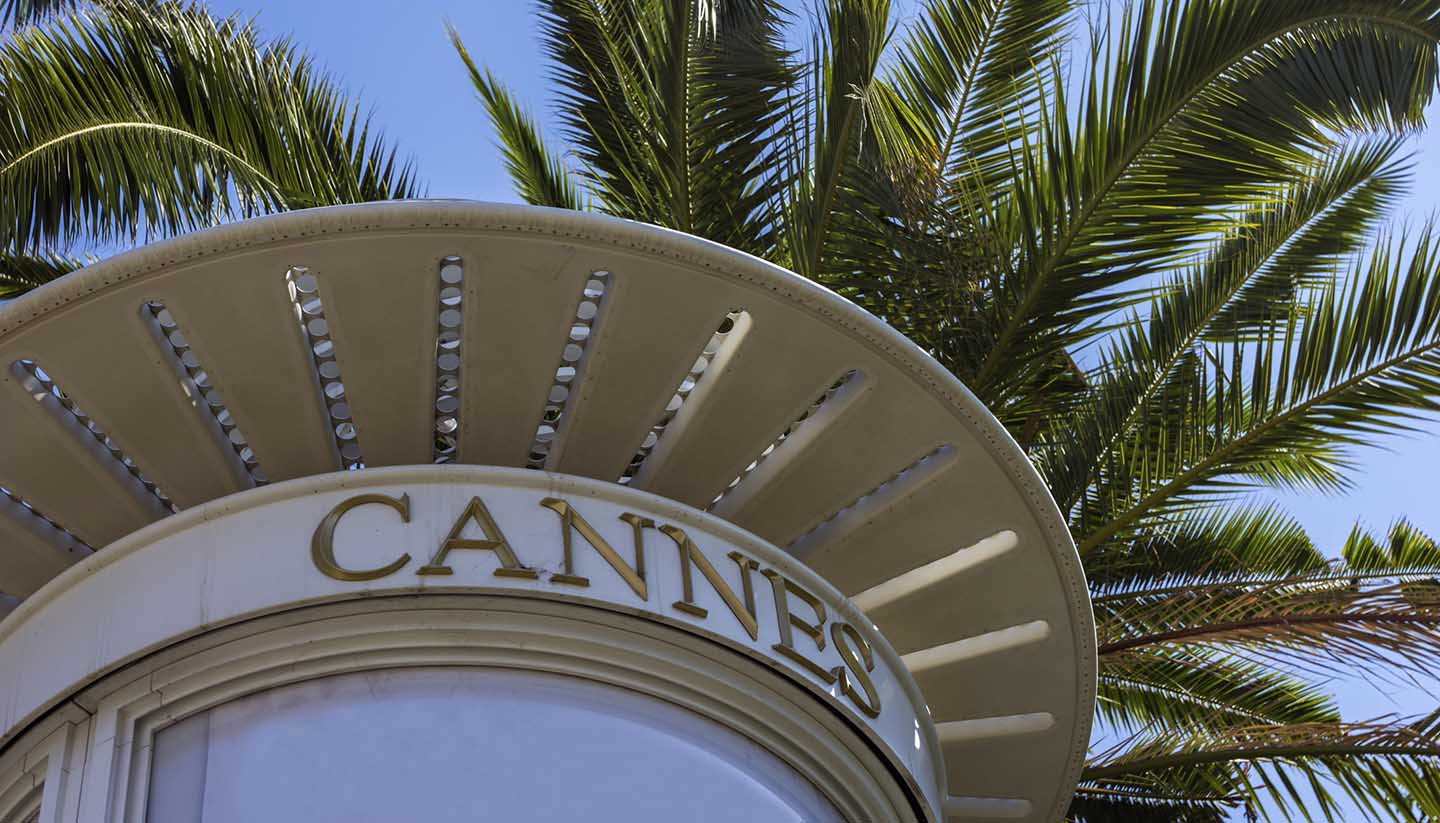Cannes History
Life in Cannes hasn’t always been glamorous.
A tiny fishing village once existed where Cannes stands today, but it was the neighbouring islands of Lerina (now St Honorat) and Lero (now St Marguerite) that emerged as key trading ports in the fourth century AD.
In AD410 two monks (Honorat and Caprais) arrived on Lerina. By the sixth century there were 500 monks living in Lerina’s monastery.
Fearing a Saracen invasion, in the 11th century the monks procured the hill of Le Suquet on the mainland and built a watchtower, which still stands in Cannes' Old Town.
Le Suquet witnessed a period of expansion and the name Cannes was born.
Saracen pirates ransacked the monastery in the 12th century. While this failed to stymie the expansion of Cannes, it did lead to a period of great insecurity.
Piracy was a constant threat, and the King of Aragon, at war with the Count of Provence, had established a permanent naval blockade along the coast.
Cannes managed to prosper, but in 1520, war broke out between French King Francis I and Holy Roman Emperor Charles V. Cannes became a corridor for marching armies.
Worse still, the great plague of 1579 decimated most of the population.
Spanish troops arrived in 1635, occupied the town for nearly two years, and then returned in 1707 during the War of Spanish Succession.
Cannes enjoyed a period of calm in the 18th century, and in the 19th century it flourished. Lord Brougham, former British Chancellor, visited the city in 1834 and became so enamoured with it he stayed.
He introduced the British aristocracy to Cannes and it soon became one of the trendiest spots on the Côte d’Azur.
Today, Cannes remains one of the Côte d’Azur’s premier destinations and the glamorous location for the iconic International Film Festival.
Did you know?
• The Man in the Iron Mask was incarcerated on the island of St Marguerite in the late 17th century.
• The Cannes Film Festival has been held annually since 1946, with the exception of 1948 and 1950.
• Cannes has been twinned with Kensington and Chelsea since 1970.


